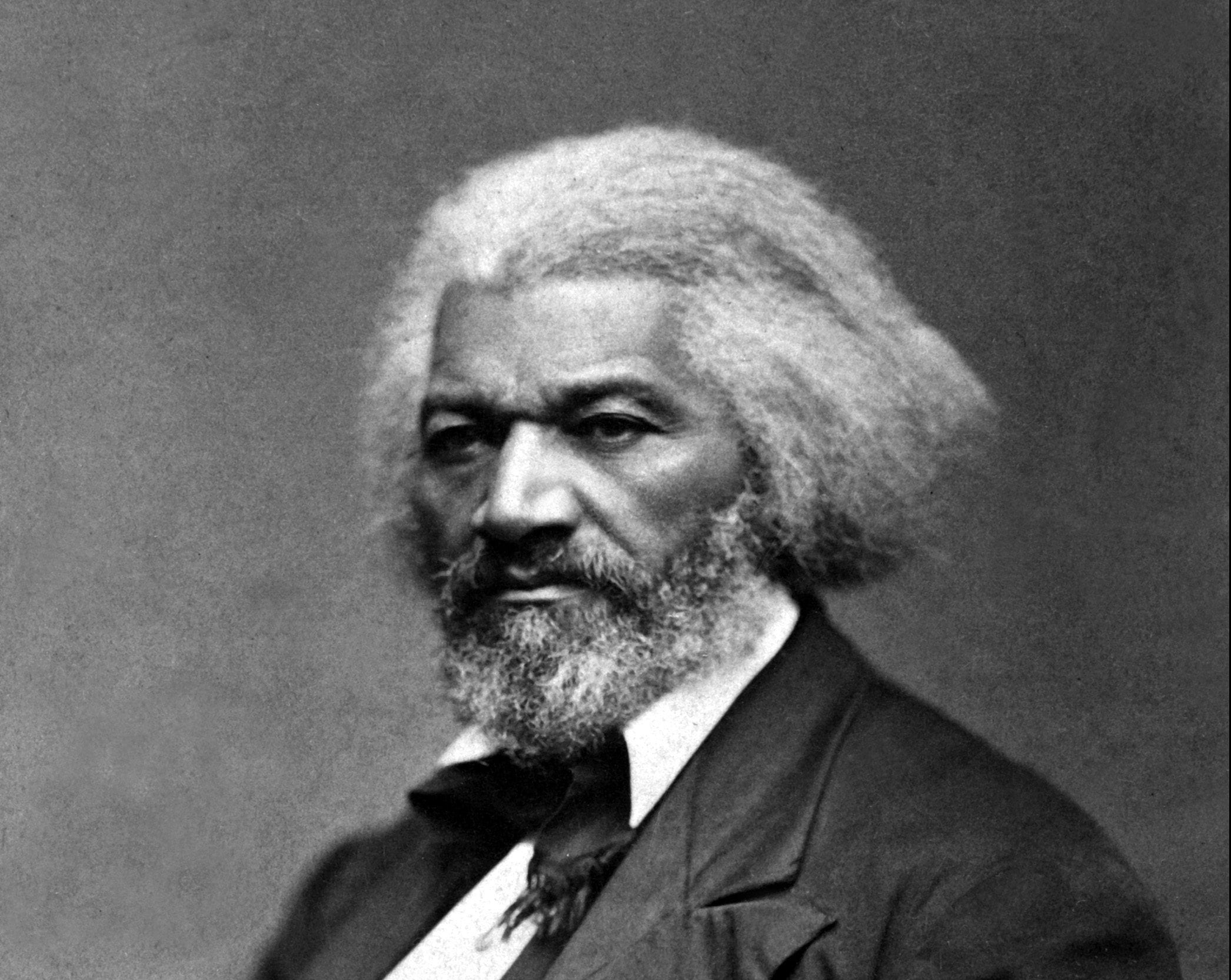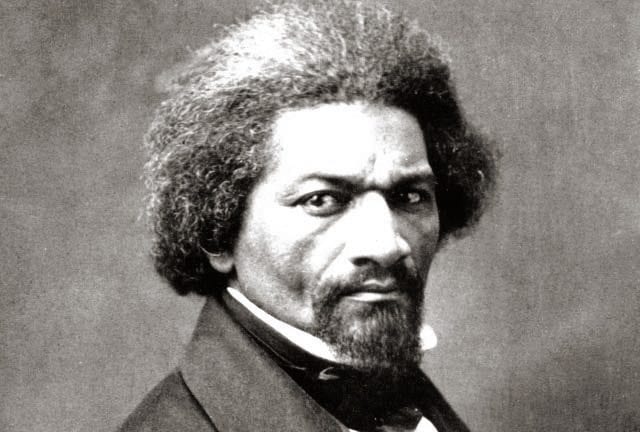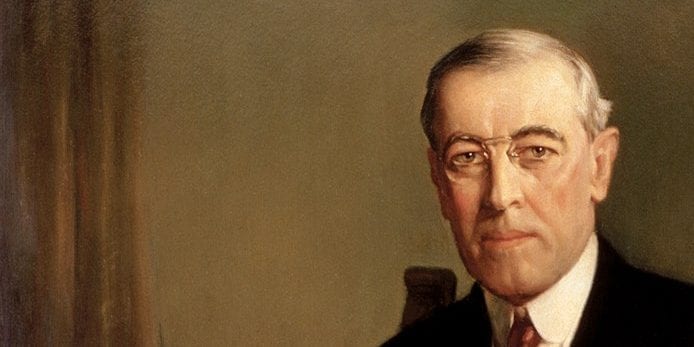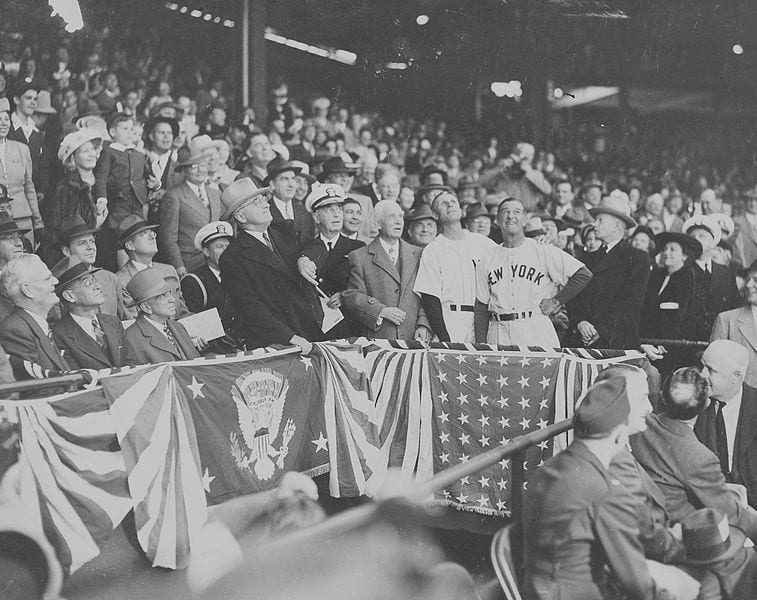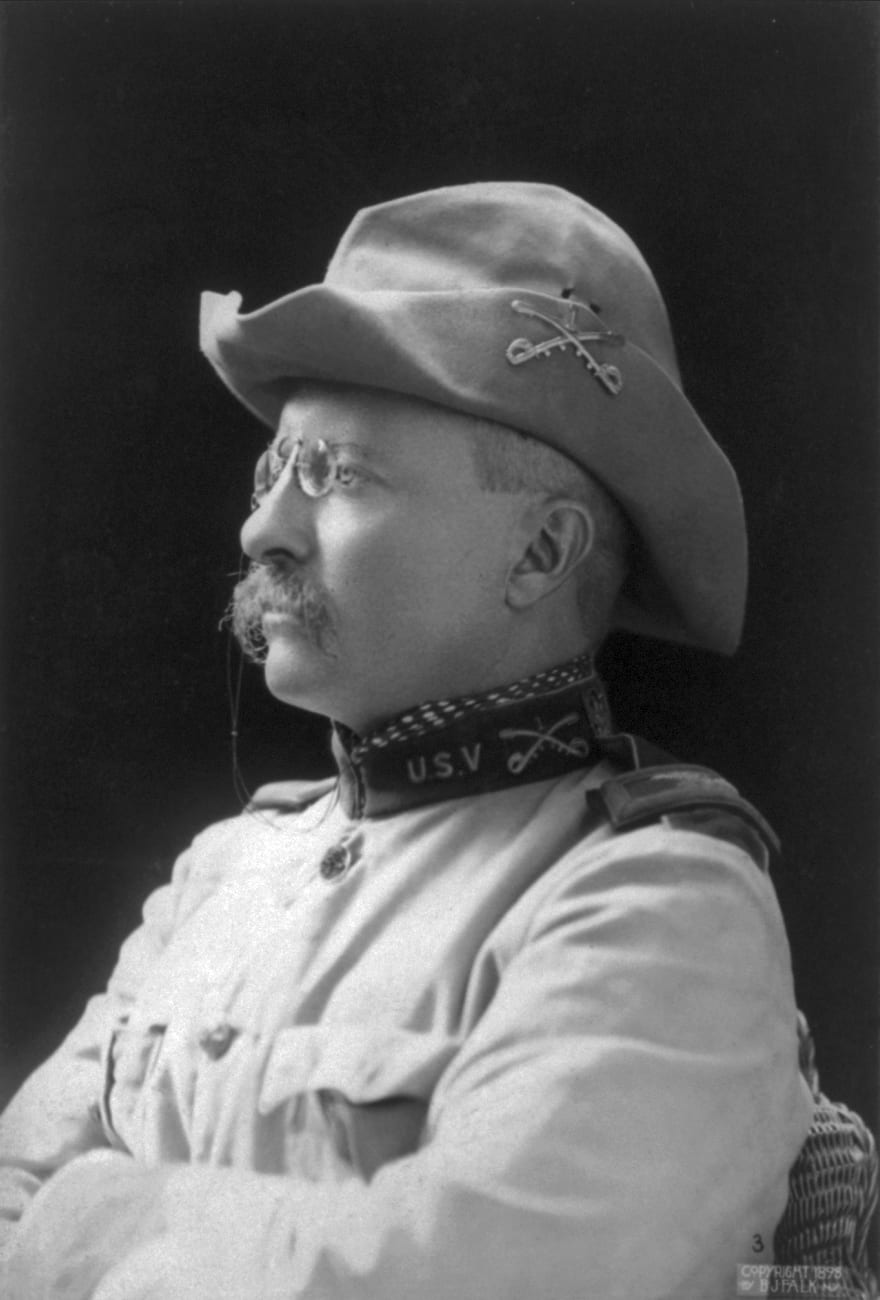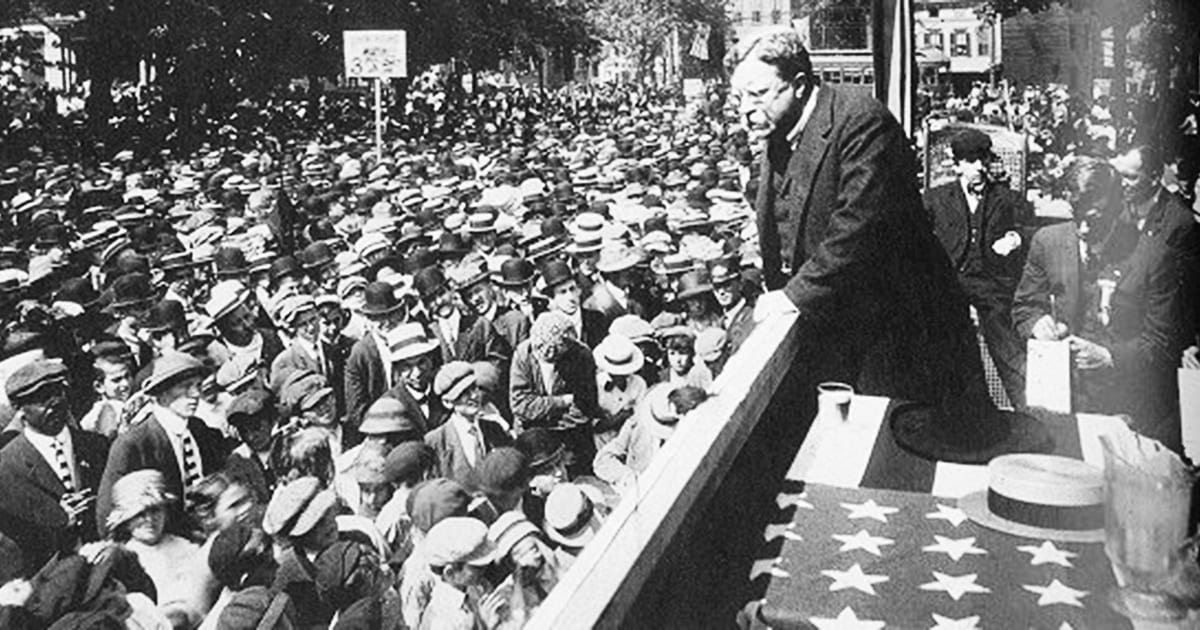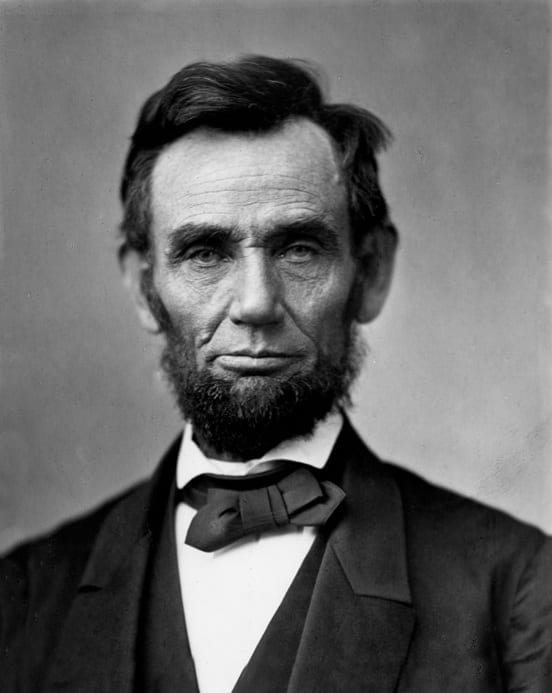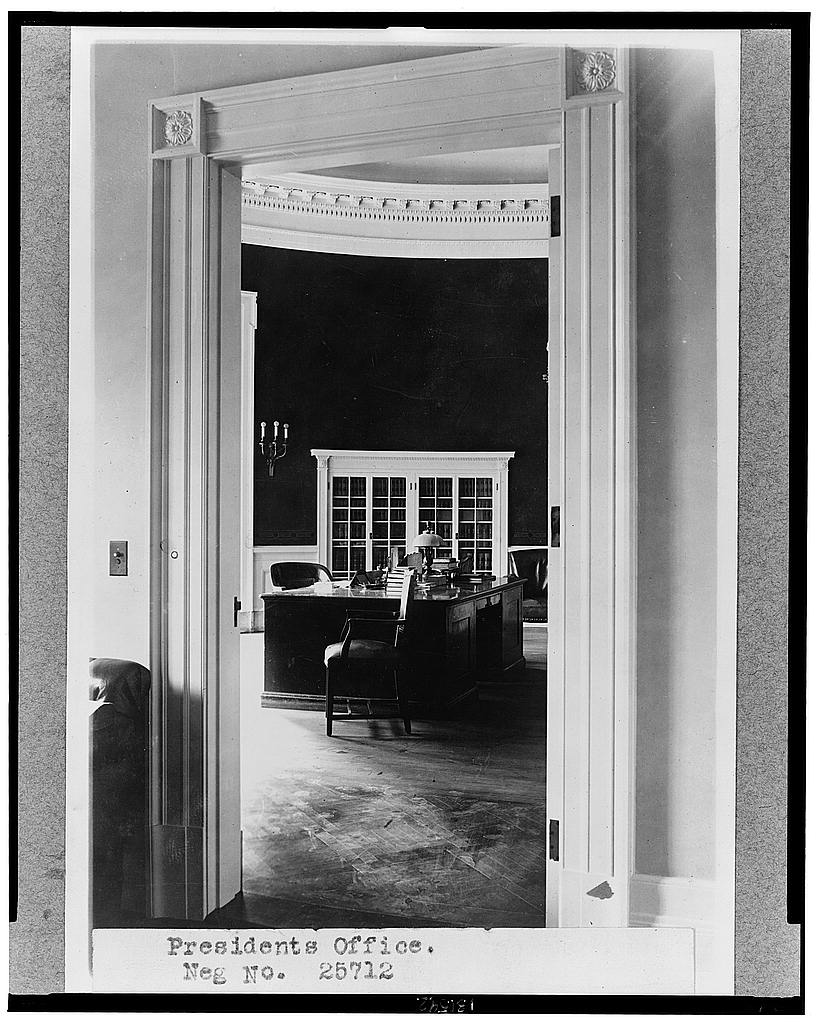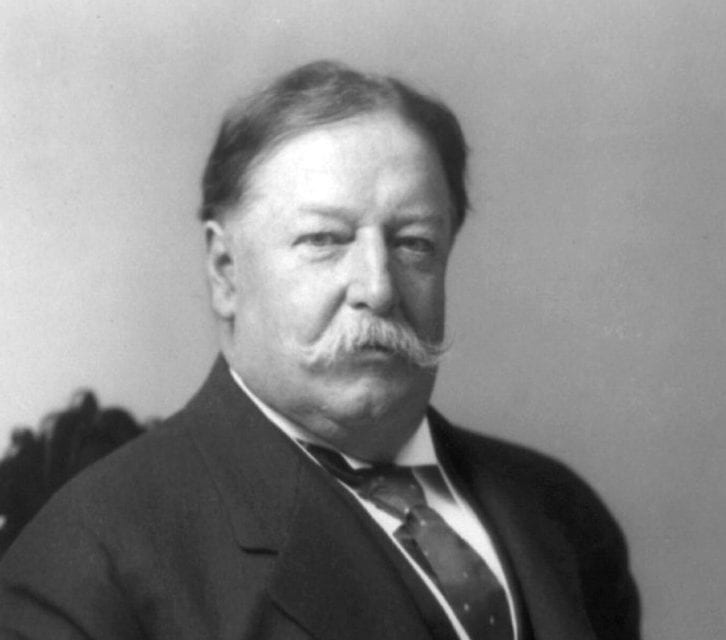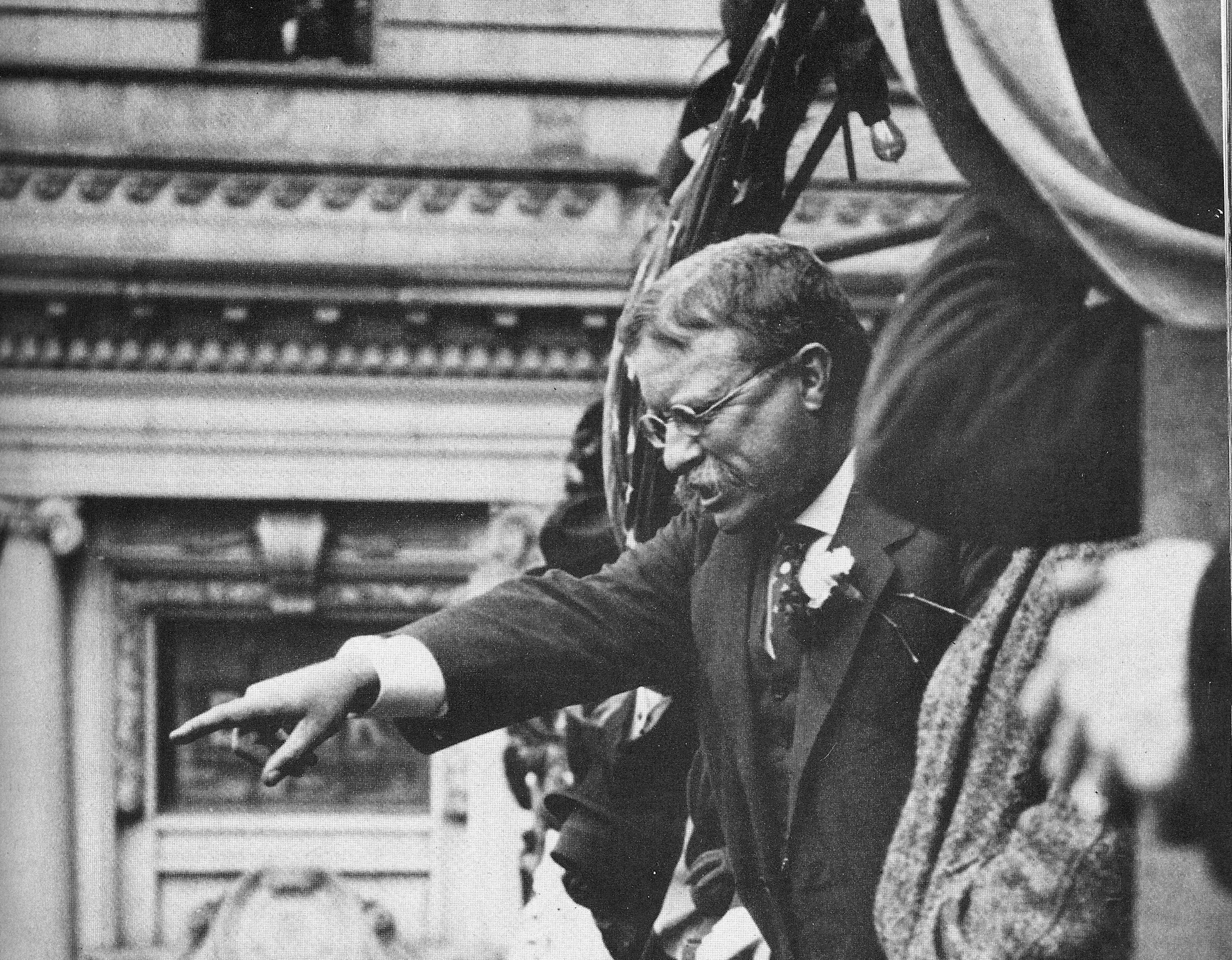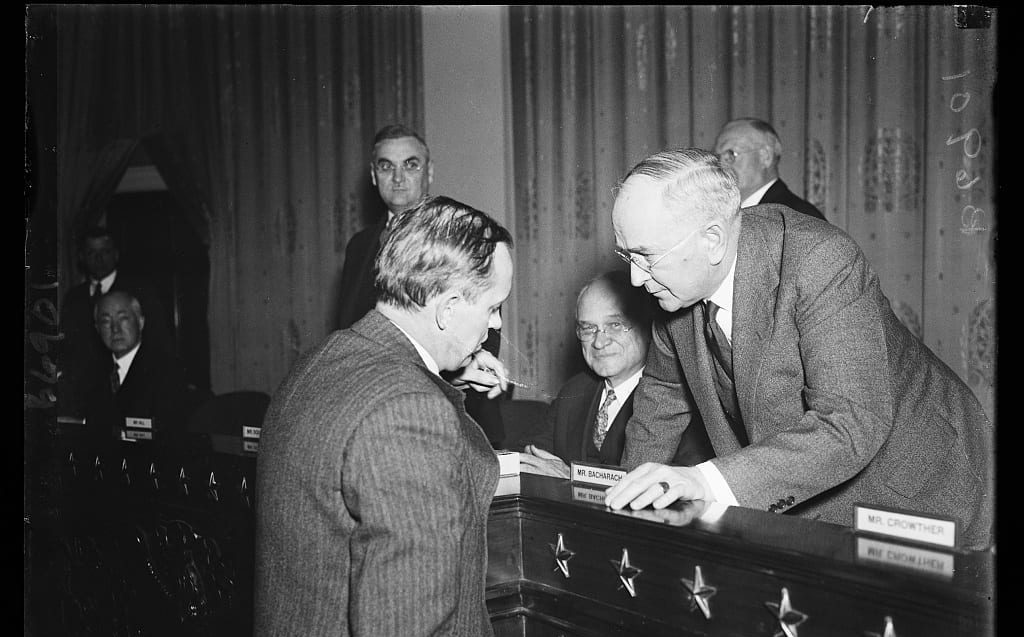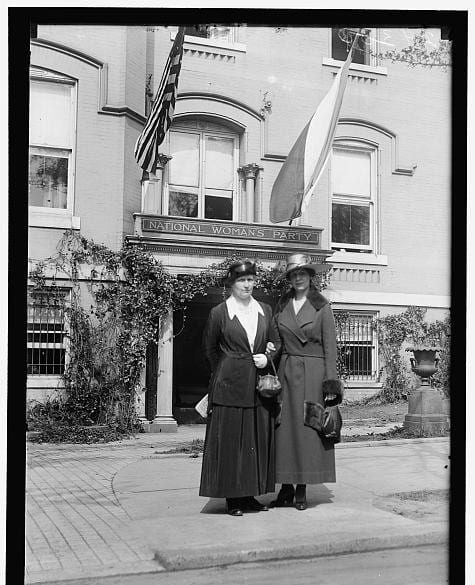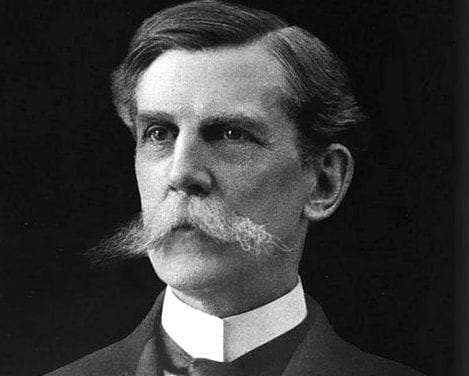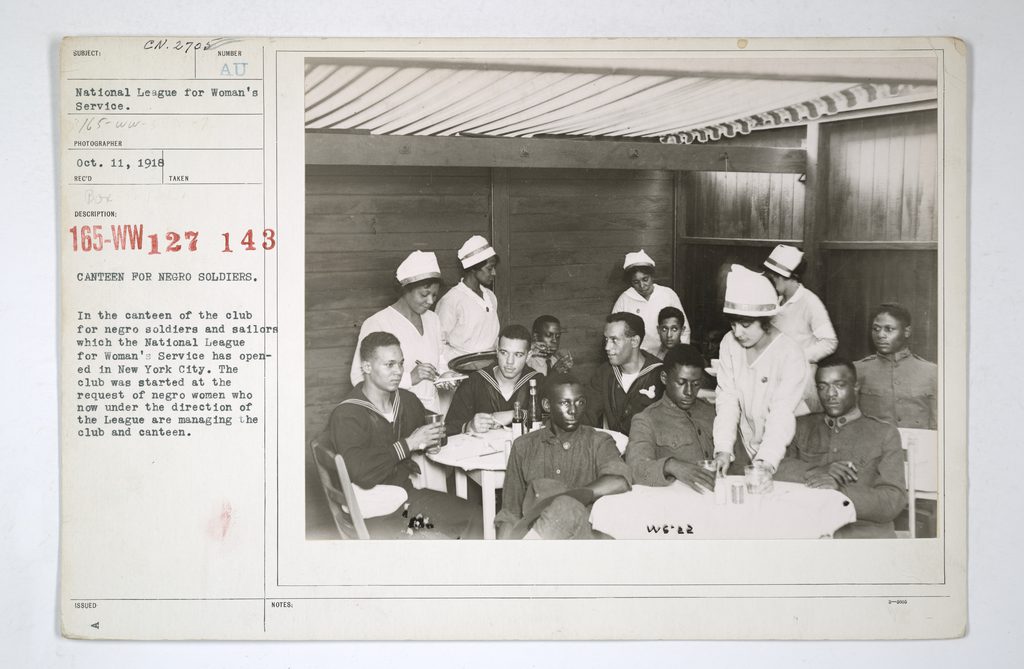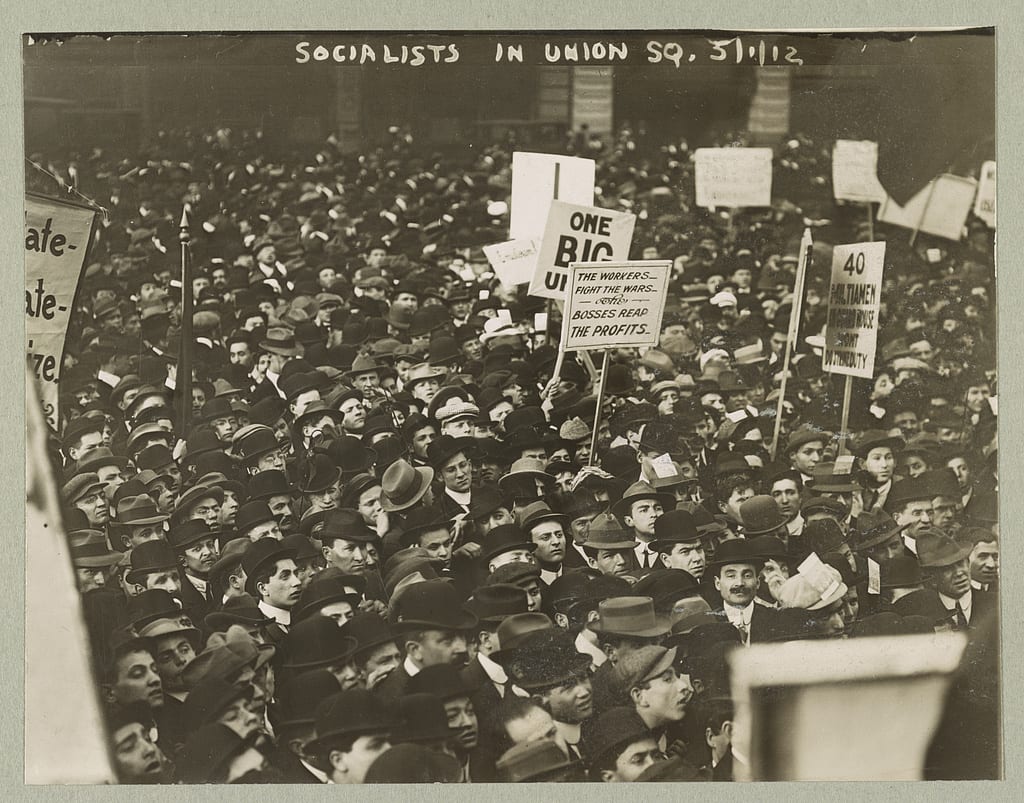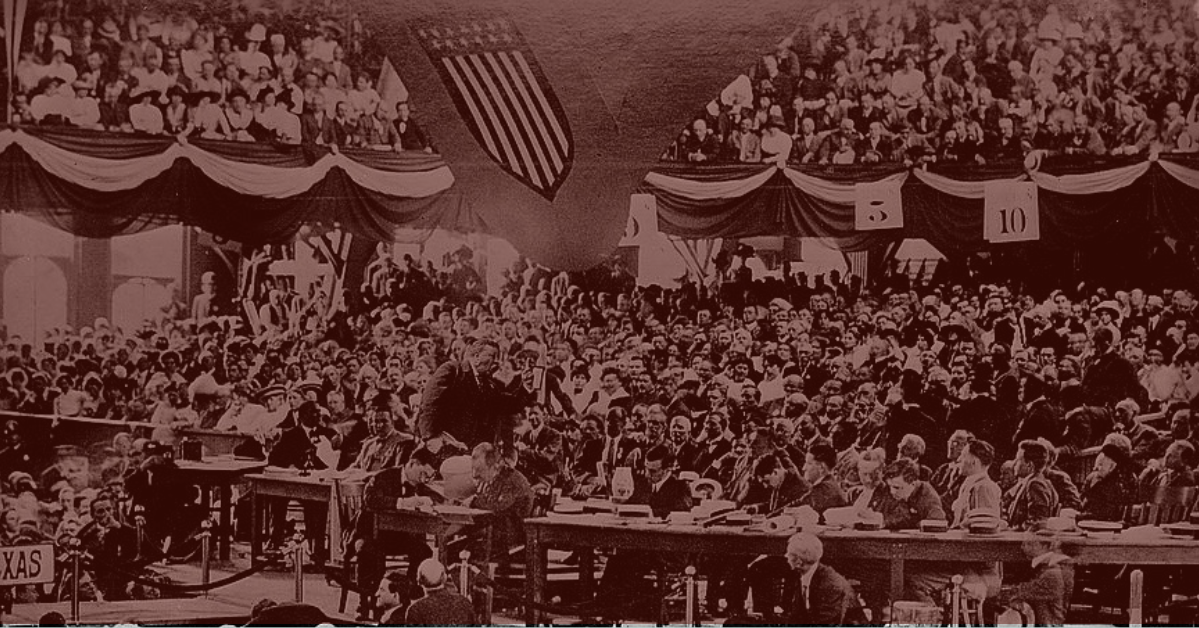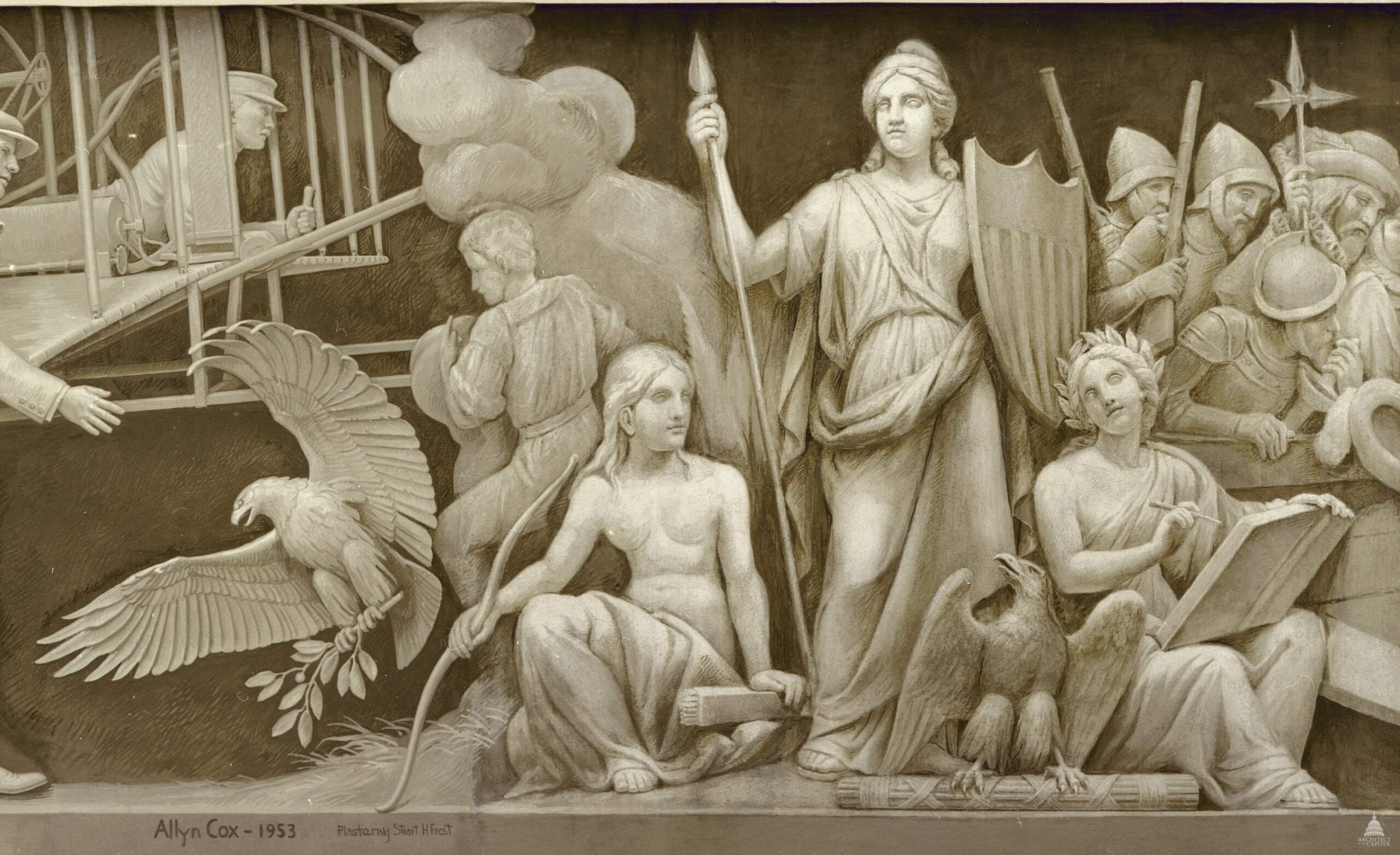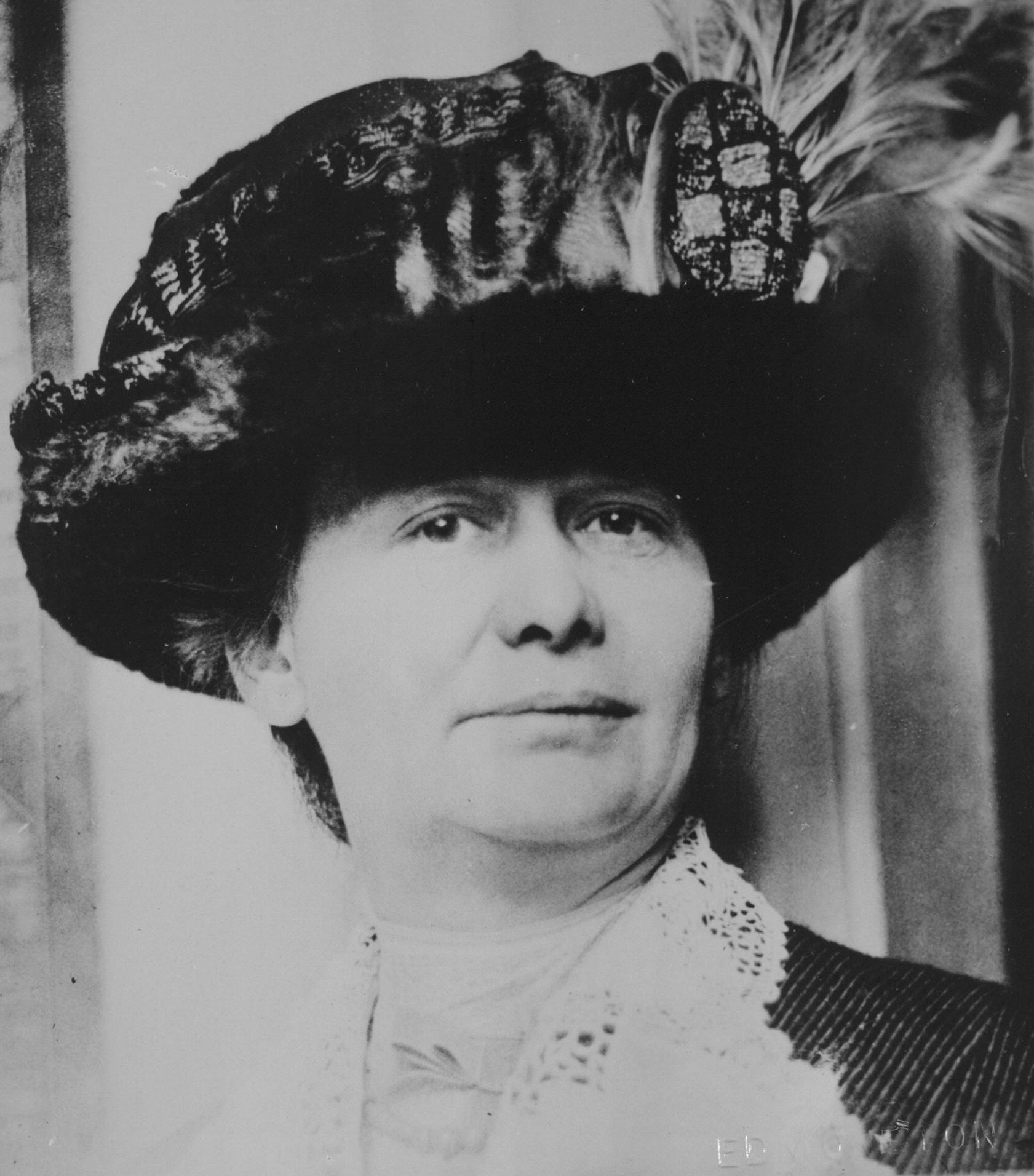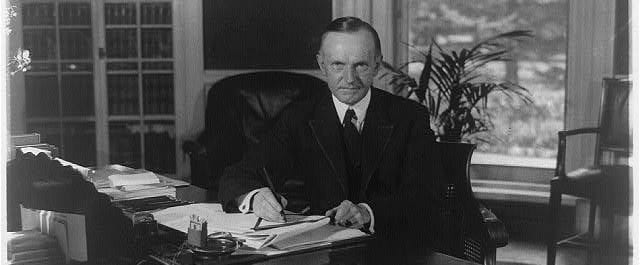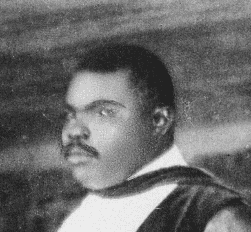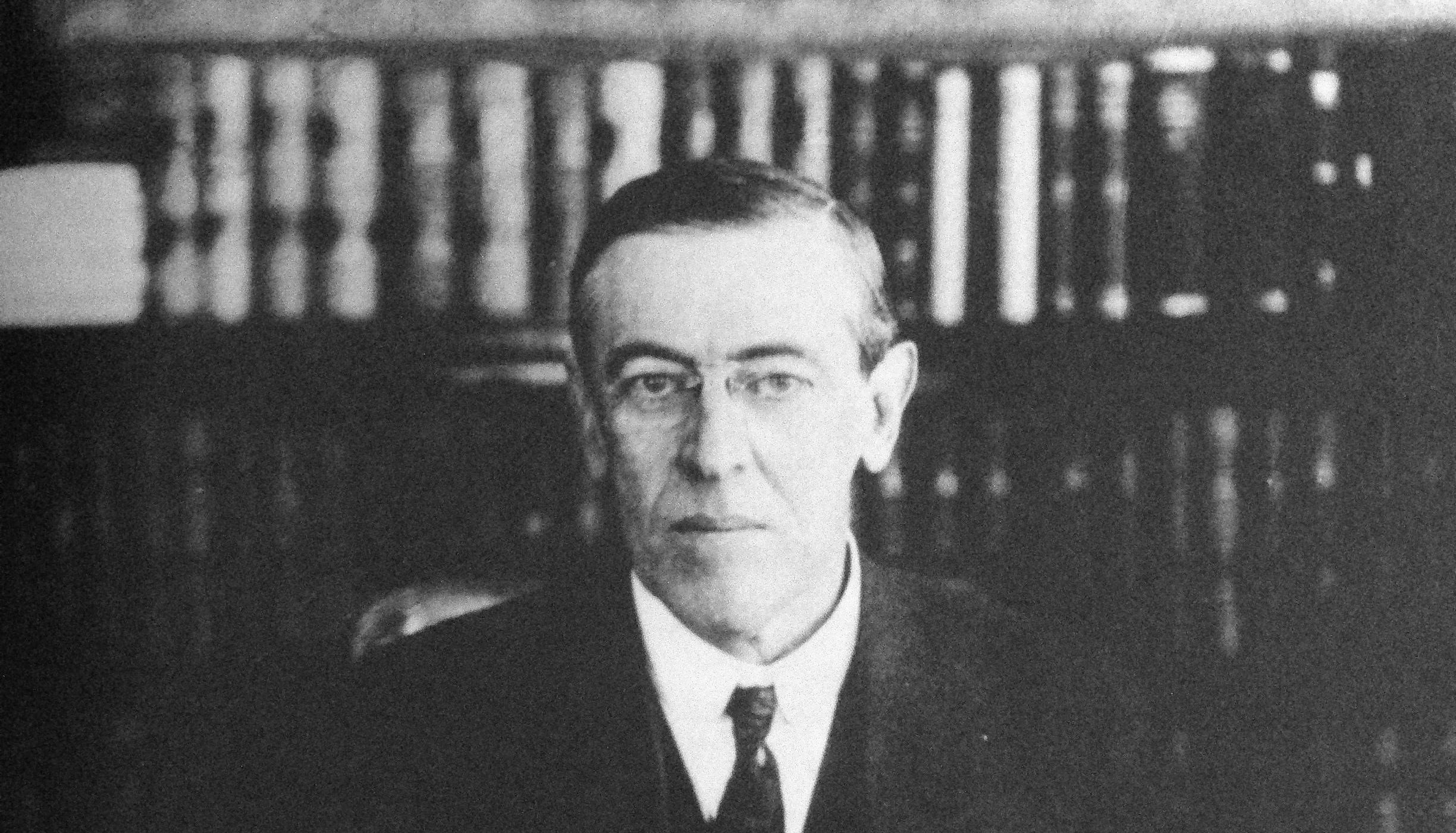
No study questions
No related resources
Preface. . . I simply try to aid in letting the light of historical truth into that decaying mass of outworn thought which attaches the modern world to medieval conceptions of Christianity, and which still lingers among us — a most serious barrier to religion and morals, and a menace to the whole normal evolution of society.
For behind this barrier also the flood is rapidly rising — the flood of increased knowledge and new thought; and this barrier also, though honeycombed and in many places thin, creates a danger — danger of a sudden breaking away, distressing and calamitous, sweeping before it not only outworn creeds and noxious dogmas, but cherished principles and ideals, and even wrenching out most precious religious and moral foundations of the whole social and political fabric.
My hope is to aid — even if it be but a little — in the gradual and healthful dissolving away of this mass of unreason, that the stream of “religion pure and undefiled” may flow on broad and clear, a blessing to humanity.
And now a few words regarding the evolution of this book.
It is something over a quarter of a century since I labored with Ezra Cornell in founding the university which bears his honored name.
Our purpose was to establish in the State of New York an institution for advanced instruction and research, in which science, pure and applied, should have an equal place with literature; in which the study of literature, ancient and modern, should be emancipated as much as possible from pedantry; and which should be free from various useless trammels and vicious methods which at that period hampered many, if not most, of the American universities and colleges.
We had especially determined that the institution should be under the control of no political party and of no single religious sect, and with Mr. Cornell’s approval I embodied stringent provisions to this effect in the charter.
It had certainly never entered into the mind of either of us that in all this we were doing anything irreligious or unchristian. Mr. Cornell was reared a member of the Society of Friends; he had from his fortune liberally aided every form of Christian effort which he found going on about him, and among the permanent trustees of the public library which he had already founded, he had named all the clergymen of the town — Catholic and Protestant. As for myself, I had been bred a churchman, had recently been elected a trustee of one church college, and a professor in another; those nearest and dearest to me were devoutly religious; and, if I may be allowed to speak of a matter so personal to myself, my most cherished friendships were among deeply religious men and women, and my greatest sources of enjoyment were ecclesiastical architecture, religious music, and the more devout forms of poetry. So far from wishing to injure Christianity, we both hoped to promote it; but we did not confound religion with sectarianism, and we saw in the sectarian character of American colleges and universities, as a whole, a reason for the poverty of the advanced instruction then given in so many of them.
It required no great acuteness to see that a system of control which, in selecting a Professor of Mathematics or Language or Rhetoric or Physics or Chemistry, asked first and above all to what sect or even to what wing or branch of a sect he belonged, could hardly do much to advance the moral, religious, or intellectual development of mankind.
The reasons for the new foundation seemed to us, then, so cogent that we expected the cooperation of all good citizens, and anticipated no opposition from any source,
As I look back across the intervening years, I know not whether to be more astonished or amused at our simplicity.
Opposition began at once. In the State Legislature it confronted us at every turn, and it was soon in full blaze throughout the State — from the good Protestant bishop who proclaimed that all professors should be in holy orders, since to the Church alone was given the command, “Go, teach all nations,” to the zealous priest who published a charge that Goldwin Smith — a profoundly Christian scholar — had come to Cornell in order to inculcate the “infidelity of the Westminster Review“; and from the eminent divine who went from city to city denouncing the “atheistic and pantheistic tendencies” of the proposed education, to the perfervid minister who informed a denominational synod that Agassiz, the last great opponent of Darwin, and a devout theist, was “preaching Darwinism and atheism” in the new institution.
As the struggle deepened, as hostile resolutions were introduced into various ecclesiastical bodies, as honored clergymen solemnly warned their flocks first against the “atheism,” then against the “infidelity,” and finally against the “indifferentism “of the university, as devoted pastors endeavored to dissuade young men from matriculation, I took the defensive, and, in answer to various attacks from pulpits and religious newspapers, attempted to allay the fears of the public. “Sweet reasonableness” was fully tried. There was established and endowed in the university perhaps the most effective Christian pulpit, and one of the most vigorous branches of the Christian Association, then in the United States; but all this did nothing to ward off the attack. The clause in the charter of the university forbidding it to give predominance to the doctrines of any sect, and above all the fact that much prominence was given to instruction in various branches of science, seemed to prevent all compromise, and it soon became clear that to stand on the defensive only made matters worse. Then it was that there was borne in upon me a sense of the real difficulty ? the antagonism between the theological and scientific view of the universe and of education in relation to it; therefore it was that, having been invited to deliver a lecture in the great hall of the Cooper Institute at New York, I took as my subject The Battlefields of Science, maintaining this thesis which follows:
In all modern history, interfere with science in the supposed interest of religion, no matter how conscientious such interference may have been, has resulted in the direst evils both to religion and to science, and invariably; and, on the other hand, all untrammelled scientific investigation, no matter how dangerous to religion some of its stages may have seemed for the time to be, has invariably resulted in the highest good both of religion and of science.
The lecture was next day published in the New York Tribune at the request of Horace Greeley, its editor, who was also one of the Cornell University trustees. As a result of this widespread publication and of sundry attacks which it elicited, I was asked to maintain my thesis before various university associations and literary clubs; and I shall always remember with gratitude that among those who stood by me and presented me on the lecture platform with words of approval and cheer was my revered instructor, the Rev. Dr. Theodore Dwight Woolsey, at that time President of Yale College.
My lecture grew — first into a couple of magazine articles, and then into a little book called The Warfare of Science, for which, when republished in England, Prof. John Tyndall wrote a preface.
Sundry translations of this little book were published, but the most curious thing in its history is the fact that a very friendly introduction to the Swedish translation was written by a Lutheran bishop.
Meanwhile Prof, John W. Draper published his book on The Conflict between Science and Religion, a work of great ability, which, as I then thought, ended the matter, So far as my giving it further attention was concerned.
But two things led me to keep on developing my own work in this field: First, I had become deeply interested in it, and could not refrain from directing my observation and study to it; secondly, much as I admired Draper’s treatment of the questions involved, his point of view and mode of looking at history were different from mine.
He regarded the struggle as one between Science and Religion. I believed then, and am convinced now, that it was a struggle between Science and Dogmatic Theology.
More and more I saw that it was the conflict between two epochs in the evolution of human thought — the theological and the scientific.
So I kept on, and from time to time published New Chapters in the rene as mag of Science magazine articles in The Popular Science Monthly. This was done under many difficulties. For twenty years, as President of Cornell University and Professor of History in that institution, I was immersed in the work of its early development. Besides this, I could not hold myself entirely aloof from public affairs, and was three times sent by the Government of the United States to do public duty abroad: first as a commissioner to Santo Domingo, in 1870; afterward as minister to Germany, in 1879; finally, as minister to Russia, in 1892; and was also called upon by the State of New York to do considerable labor in connection with international exhibitions at Philadelphia and at Paris. I was also obliged from time to time to throw off by travel the effects of overwork.
The variety of residence and occupation arising from these causes may perhaps explain some peculiarities in this book which might otherwise puzzle my reader.
While these journeyings have enabled me to collect materials over a very wide range — in the New World, from Quebec to Santo Domingo and from Boston to Mexico, San Francisco, and Seattle, and in the Old World from Trondhjem to Cairo and from St. Petersburg to Palermo — they have often obliged me to write under circumstances not very favorable: sometimes on an Atlantic steamer, sometimes on a Nile boat, and not only in my, own library at Cornell, but in those of Berlin, Helsingfors, Munich, Florence, and the British Museum. This fact will explain to the benevolent reader not only the citation of different editions of the same authority in different chapters, but some iterations which in the steady quiet of my own library would not have been made.
It has been my constant endeavor to write for the general reader, avoiding scholastic and technical terms as much as possible and stating the truth simply as it presents itself to me.
That errors of omission and commission will be found here and there is probable ? nay, certain; but the substance of the book will, I believe, be found fully true. I am encouraged in this belief by the fact that, of the three bitter attacks which this work in its earlier form has already encountered, one was purely declamatory, objurgatory, and hortatory, and the others based upon ignorance of facts easily pointed out.
And here I must express my thanks to those who have aided me. First and above all to my former student and dear friend, Prof. George Lincoln Burr, of Cornell University, to whose contributions, suggestions, criticisms, and cautions I am most deeply indebted; also to my friends U.G. Weatherly, formerly Travelling Fellow of Cornell, and now Assistant Professor in the University of Indiana, ? Prof. and Mrs. Earl Barnes and Prof. William H. Hudson, of Stanford University, ? and Prof. E. P. Evans, formerly of the University of Michigan, but now of Munich, for extensive aid in researches upon the lines I have indicated to them, but which I could never have prosecuted without their cooperation. In libraries at home and abroad they have all worked for me most effectively, and I am deeply grateful to them.
This book is presented as a sort of Festschrift ? a tribute to Cornell University as it enters the second quarter-century of its existence, and probably my last tribute.
The ideas for which so bitter a struggle was made at its foundation have triumphed. Its faculty, numbering over one hundred and fifty; its students numbering but little short of two thousand; its noble buildings and equipment; the munificent gifts, now amounting to millions of dollars, which it has received from public-spirited men and women; the evidences of public confidence on all sides; and, above all, the adoption of its cardinal principles and main features by various institutions of learning in other States, show this abundantly. But there has been a triumph far greater and wider. Everywhere among the leading modern nations the same general tendency is seen. During the quarter-century, just past the control of public instruction, not only in America but in the leading nations of Europe, has passed more and more from the clergy to the laity. Not only are the presidents of the larger universities in the United States, with but one or two exceptions, laymen, but the same thing is seen in the old European strongholds of metaphysical theology. At my first visit to Oxford and Cambridge, forty years ago, they were entirely under ecclesiastical control. Now, all this is changed. An eminent member of the present British Government has recently said, “A candidate for high university position is handicapped by holy orders.” I refer to this with not the slightest feeling of hostility toward the clergy, for I have none; among them are many of my dearest friends; no one honors their proper work more than I; but the above fact is simply noted as proving the continuance of that evolution which I have endeavored to describe in this series of monographs — an evolution, indeed, in which the warfare of Theology against Science has been one of the most active and powerful agents. My belief is that in the field left to them — their proper field — the clergy will more and more, as they cease to struggle against scientific methods and conclusions, do work even nobler and more beautiful than anything they have heretofore done. And this is saying much. My conviction is that Science, though it has evidently conquered Dogmatic Theology based on biblical texts and ancient modes of thought, will go hand in hand with Religion; and that, although theological control will continue to diminish, Religion, as seen in the recognition of “a Power in the universe, not ourselves, which makes for righteousness,” and in the love of God and of our neighbor, will steadily grow stronger and stronger, not only in the American institutions of learning but in the world at large. Thus may the declaration of Micah as to the requirements of Jehovah, the definition by St. James of “pure religion and undefiled,” and, above all, the precepts and ideals of the blessed Founder of Christianity himself, be brought to bear more and more effectively on mankind.
Chapter 20: From The Divine Oracles To The Higher CriticismVI. Reconstructive Force Of Scientific Criticism
For all this dissolving away of traditional opinions regarding our sacred literature, there has been a cause far more general and powerful than any which has been given, for it is a cause surrounding and permeating all. This is simply the atmosphere of thought engendered by the development of all sciences during the last three centuries.
Vast masses of myth, legend, marvel, and dogmatic assertion, coming into this atmosphere, have been dissolved and are now dissolving quietly away like icebergs drifted into the Gulf Stream. In earlier days, when some critic in advance of his time insisted that Moses could not have written an account embracing the circumstances of his own death, it was sufficient to answer that Moses was a prophet; if attention was called to the fact that the great early prophets, by all which they did and did not do, showed that there could not have existed in their time any “Levitical code,” a sufficient answer was “mystery”; and if the discrepancy was noted between the two accounts of creation in Genesis, or between the genealogies or the dates of the crucifixion in the Gospels, the cogent reply was “infidelity.” But the thinking world has at last been borne by the general development of a scientific atmosphere beyond that kind of refutation.
If, in the atmosphere generated by the earlier developed sciences, the older growths of biblical interpretation have drooped and withered and are evidently perishing, new and better growths have arisen with roots running down into the newer sciences. Comparative Anthropology in general, by showing that various early stages of belief and observance, once supposed to be derived from direct revelation from heaven to the Hebrews, are still found as arrested developments among various savage and barbarous tribes; Comparative Mythology and Folklore, by showing that ideas and beliefs regarding the Supreme Power in the universe are progressive, and not less in Judea than in other parts of the world; Comparative Religion and Literature, by searching out and laying side by side those main facts in the upward struggle of humanity which show that the Israelites, like other gifted peoples, rose gradually, through ghost worship, fetishism, and polytheism, to higher theological levels; and that, as they thus rose, their conceptions and statements regarding the God they worshipped became nobler and better–all these sciences are giving a new solution to those problems which dogmatic theology has so long laboured in vain to solve. While researches in these sciences have established the fact that accounts formerly supposed to be special revelations to Jews and Christians are but repetitions of widespread legends dating from far earlier civilizations, and that beliefs formerly thought fundamental to Judaism and Christianity are simply based on ancient myths, they have also begun to impress upon the intellect and conscience of the thinking world the fact that the religious and moral truths thus disengaged from the old masses of myth and legend are all the more venerable and authoritative, and that all individual or national life of any value must be vitalized by them.[394]
If, then, modern science in general has acted powerfully to dissolve away the theories and dogmas of the older theological interpretation, it has also been active in a reconstruction and recrystallization of truth; and very powerful in this reconstruction have been the evolution doctrines which have grown out of the thought and work of men like Darwin and Spencer.
In the light thus obtained the sacred text has been transformed: out of the old chaos has come order; out of the old welter of hopelessly conflicting statements in religion and morals has come, in obedience to this new conception of development, the idea of a sacred literature which mirrors the most striking evolution of morals and religion in the history of our race. Of all the sacred writings of the world, it shows us our own as the most beautiful and the most precious; exhibiting to us the most complete religious development to which humanity has attained, and holding before us the loftiest ideals which our race has known. Thus it is that, with the keys furnished by this new race of biblical scholars, the way has been opened to treasures of thought which have been inaccessible to theologians for two thousand years.
As to the Divine Power in the universe: these interpreter’s have shown how, beginning with the tribal god of the Hebrews–one among many jealous, fitful, unseen, local sovereigns of Asia Minor–the higher races have been borne on to the idea of the just Ruler of the whole earth, as revealed by the later and greater prophets of Israel, and finally to the belief in the Universal Father, as best revealed in the New Testament. As to man: beginning with men after Jehovah’s own heart–cruel, treacherous, revengeful–we are borne on to an ideal of men who do right for right’s sake; who search and speak the truth for truth’s sake; who love others as themselves. As to the world at large: the races dominant in religion and morals have been lifted from the idea of a “chosen people” stimulated and abetted by their tribal god in every sort of cruelty and injustice, to the conception of a vast community in which the fatherhood of God overarches all, and the brotherhood of man permeates all.
Thus, at last, out of the old conception of our Bible as a collection of oracles–a mass of entangling utterances, fruitful in wrangling interpretations, which have given to the world long and weary ages of “hatred, malice, and all uncharitableness”; of fetishism, subtlety, and pomp; of tyranny bloodshed, and solemnly constituted imposture; of everything which the Lord Jesus Christ most abhorred–has been gradually developed through the centuries, by the labours, sacrifices, and even the martyrdom of a long succession of men of God, the conception of it as a sacred literature–a growth only possible under that divine light which the various orbs of science have done so much to bring into the mind and heart and soul of man–a revelation, not of the Fall of Man, but of the Ascent of Man–an exposition, not of temporary dogmas and observances, but of the Eternal Law of Righteousness–the one upward path for individuals and for nations. No longer an oracle, good for the “lower orders” to accept, but to be quietly sneered at by “the enlightened”–no longer a fetish, whose defenders must be persecutors, or reconcilers, or “apologists”; but a most fruitful fact, which religion and science may accept as a source of strength to both. [End.]

Conversation-based seminars for collegial PD, one-day and multi-day seminars, graduate credit seminars (MA degree), online and in-person.



